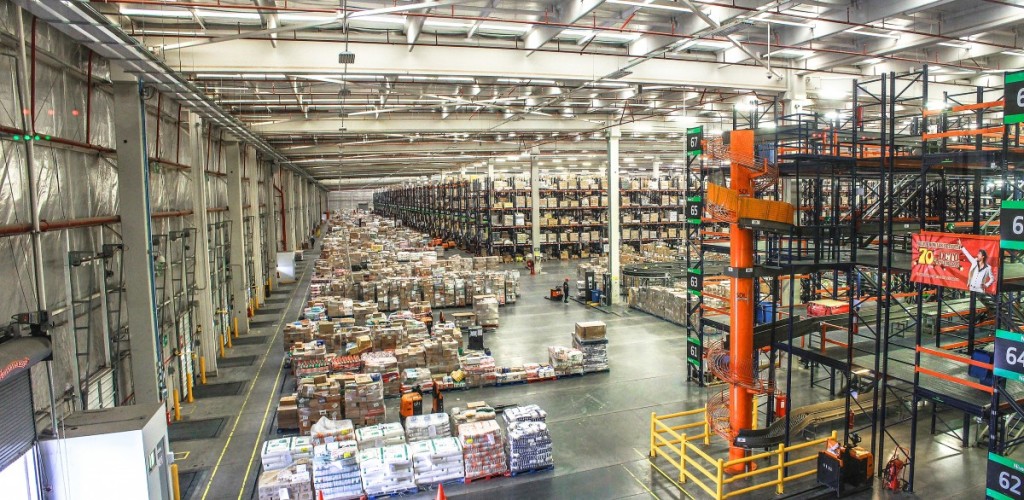What Do Third-Party Logistics Companies Actually Do?
Logistics covers everything to do with the movement, storage and handling of physical products. Most companies handle their logistics themselves, but this can soon become completely impractical if, for instance, they expand beyond their logistics staffing level. This is where third-party logistics companies come into play. They offer large, efficient warehouses, distribution centers and transport networks that make logistics far simpler for their clients.
So, what do they actually do? Here is a brief overview of some of the kinds of work carried out by third-party logistics centers. You’ll soon see why they have become so popular with medium to large-sized businesses engaged in e-commerce.
Warehousing
Large third-party logistics companies operate their own warehouses. This allows them to manage the inventories of their clients within their own system, which is a far more efficient way of doing things than working with varying client inventory systems. Third-party logistics companies are also able to recommend solutions to inventory issues that they detect their clients might have, such as stock backlogs or poor-quality data.
Picking
Warehouse picking teams are responsible for receiving orders and then actually connecting them with real products within the warehouse or storeroom. Pickers have to work fast, record their work and be mindful of any mistakes in the warehouse data they are given. Artificial Intelligence has some interesting applications in warehouse picking – automatically updating inventories and ordering stock when shortages are detected. Despite this, picking is always going to need a human touch to be done properly. Warehouse pickers are essential cogs in the order fulfillment machine.
It is essential that warehouse pickers and packers are treated well. Recent coverage of work practices at Amazon fulfillment centers has caused a surge of rage, and damaged the Amazon brand.
Packing
If a product isn’t packed properly before shipping, all of the logistics work behind a product’s distribution cycle may have well have been for nothing. A good third-party logistics company will have a wide range of packing materials available and offer its staff extensive training on correct packing and repacking procedures to avoid expensive and wasteful breaks in transit.
Delivery
Getting products to customers on time and in good condition is one of the factors that influences the success or failure of an operation. Third-party logistics companies are responsible for distributing products to well-placed fulfillment centers so that they can be efficiently shipped to customers and retailers. Visit https://redstagfulfillment.com/order-fulfillment/ to learn more about Red Stag Fulfillment, a leading 3PL provider for companies of all sizes. Good logistics also involves the analysis of data in order to correctly plan distribution. This is known as leveraging big data and can be very useful for the logistic industry. When big data – which is a term used to describe a huge amount of information – is analyzed and dissected, trends, patterns, and correlations are revealed. This insight can then be used to proactively predict and prepare for events and trends that are likely to happen, allowing logistic companies to better plan their operations and be more productive and profitable. Third parties are starting to be used to help leverage this big data and use dedicated resources and technology to provide better value to logistic companies, creating an important service that can prove invaluable to third-party logistic companies.
Returns
A good third-party logistics company will also be able to handle returns for its clients. This can go a long way to decreasing the workload that a company’s customer service department is bogged down with. Third-party logistics companies are well placed to deal with returns, as they already have shipping and warehousing infrastructure in place.


























